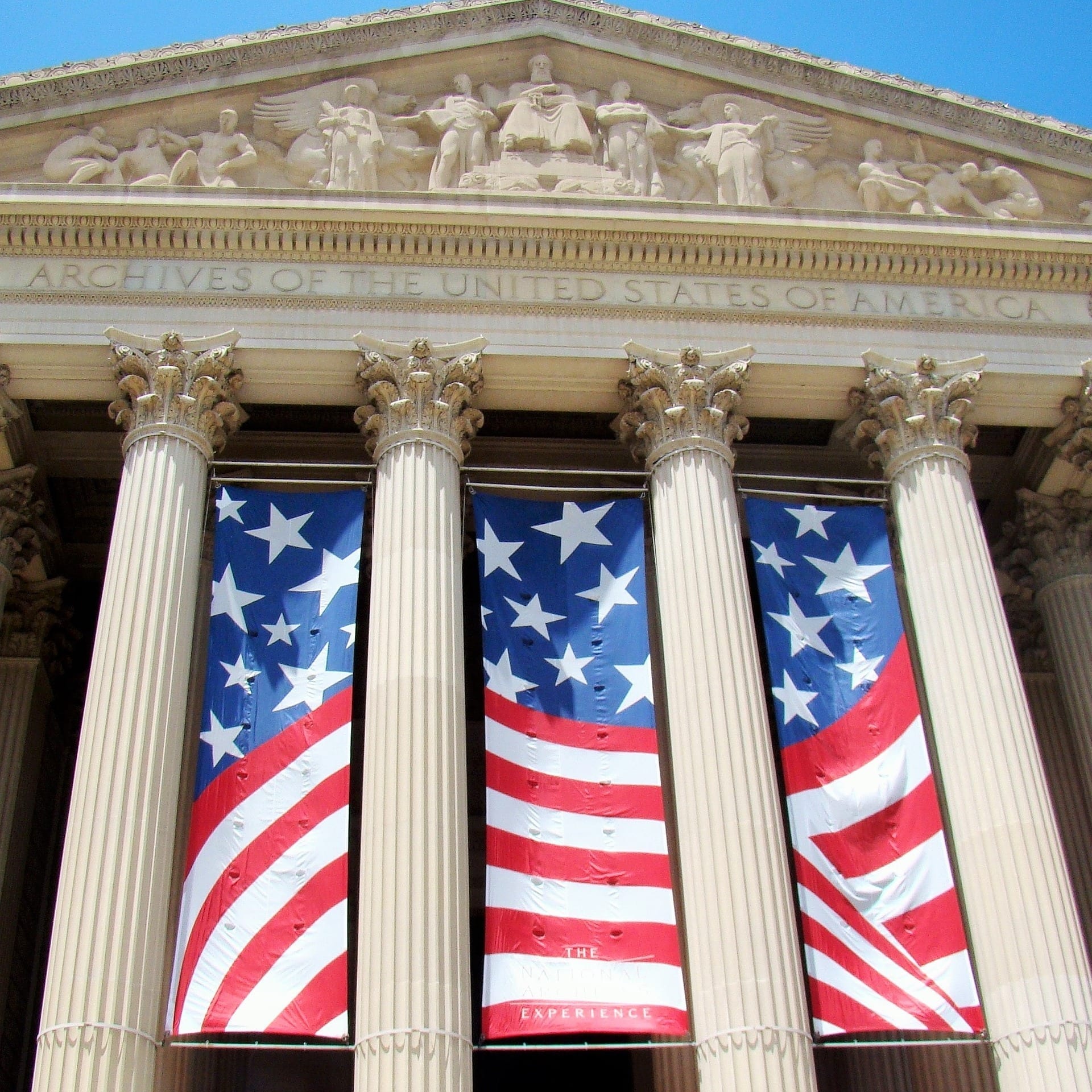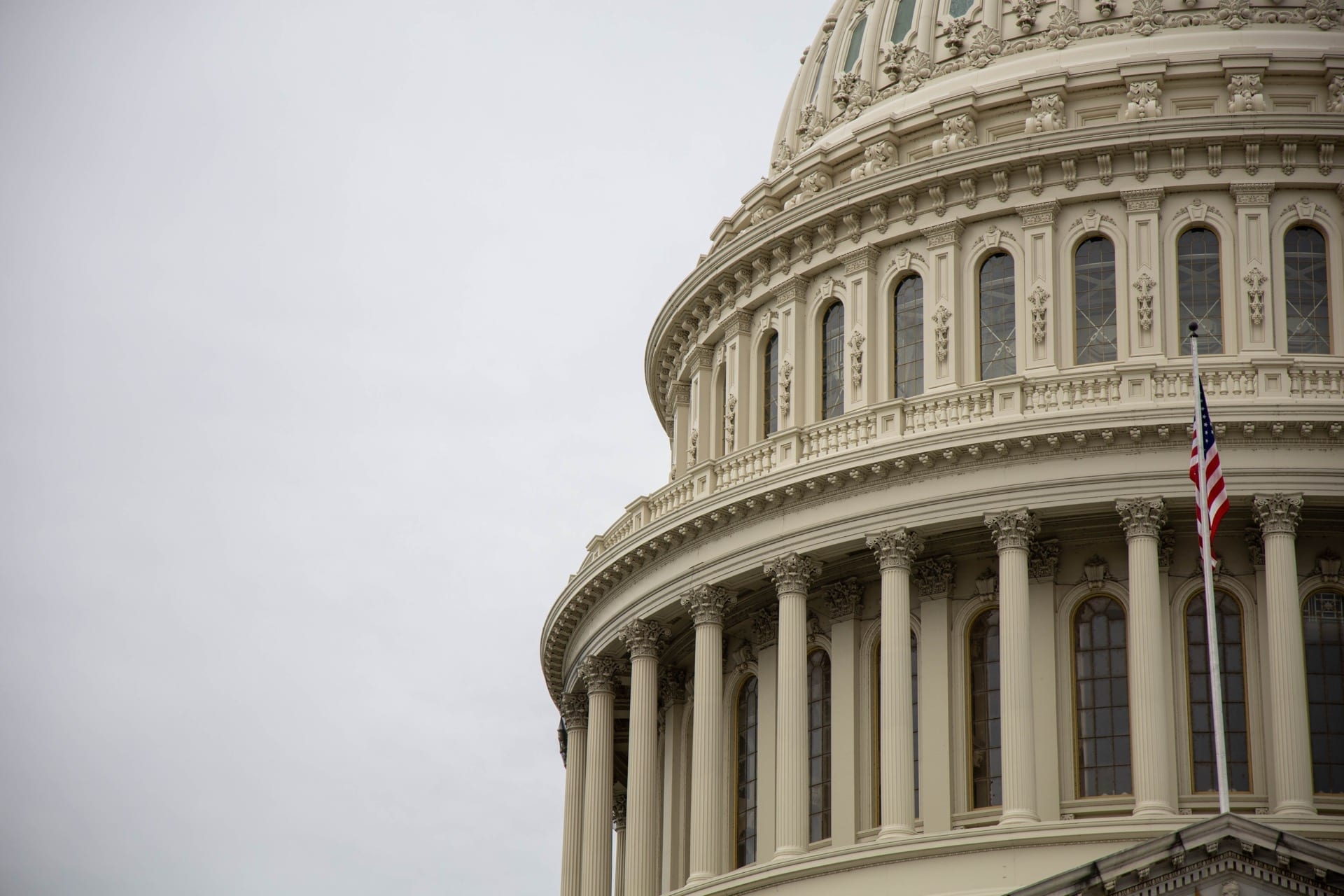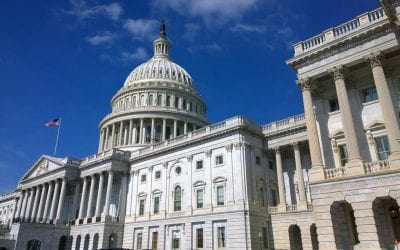Citizen Opinion and the Center for American Progress have begun their economic tracking surveys which will take a serious look each month at how voters are experiencing the current economy and examine voters’ perceptions about if and when the economy will recover. Democracy Corps will begin reporting on these findings and their potential political ramifications on a monthly basis.
The main economic and political trends from this mid-March survey are highlighted below:
- At a personal level, the real economic experience for people is getting a little worse: more job losses, more reduction in wages and hours, and many more losing health insurance this month.
- Fewer report finding a job or re-entering the job market. In fact, the recession seems to be worsening for new Democratic base voters: minorities, young voters and unmarried women.
- Voters are more negative about the state of the economy and more pessimistic about future growth in employment.
- Pessimism has jumped, particularly among unmarried women and voters under 30, two groups central to the new Democratic base and who have been disproportionately hurt throughout the current downturn.
- Democrats have lost significant ground on whom voters trust on the economy – and all economic measures, from creating jobs to handling the federal budget deficit. The biggest losses have come from the Democrats’ new base voters – unmarried women, the young and minorities.
- Despite this increased pessimism, voters remain split over the efficacy of President Obama’s economic policies and over whether he and the Democrats are more concerned with creating jobs for ordinary Americans, or bailing out Wall Street.
- Likely 2010 voters still lean toward voting Republican to protest the direction of the economy, rather than voting Democratic to not jeopardize the current economic recovery (49 to 42 percent) – though that is stable from January.
- As in prior polls, these numbers are all much grimmer among white non-college and working class voters.



